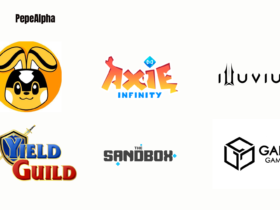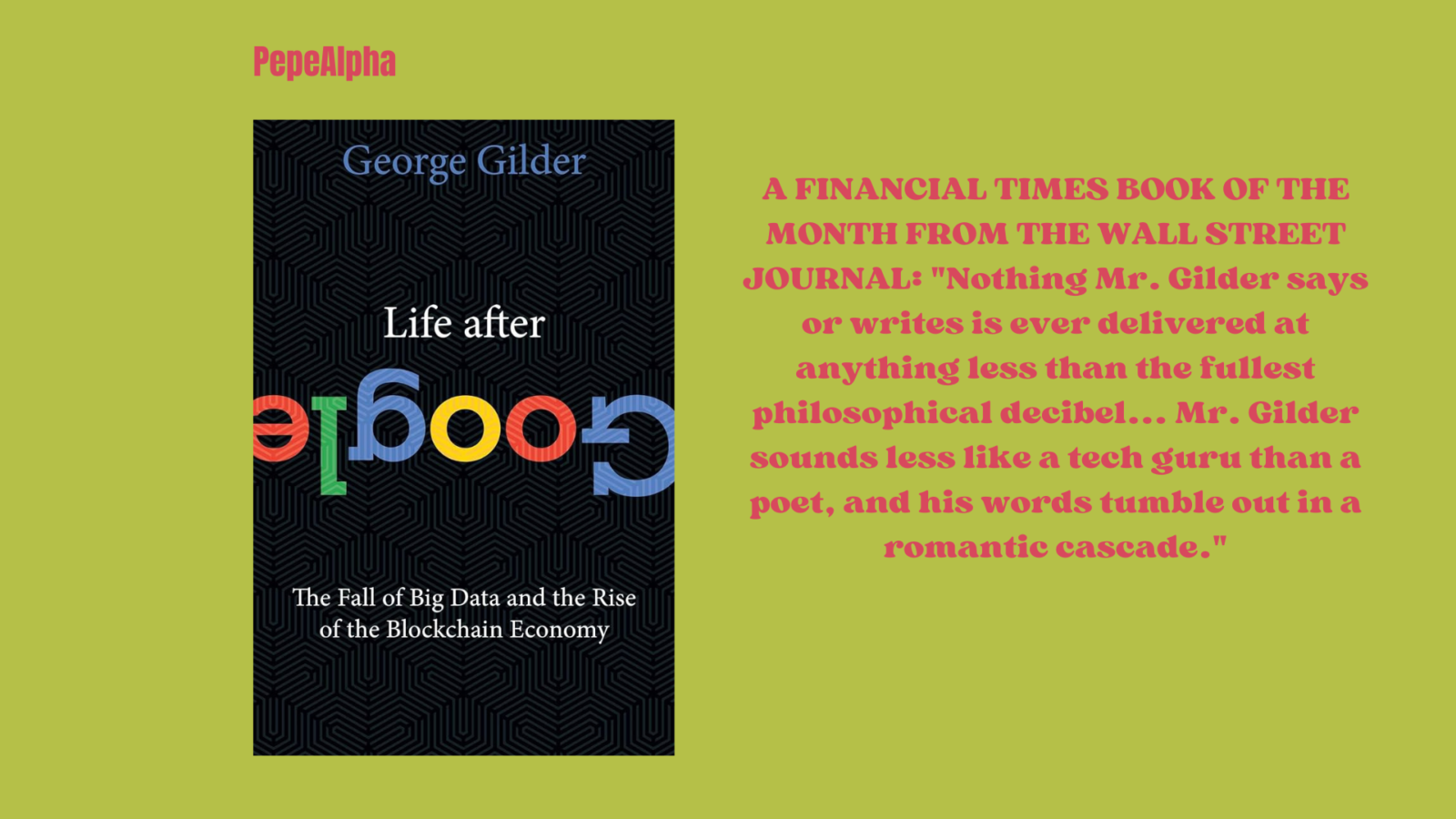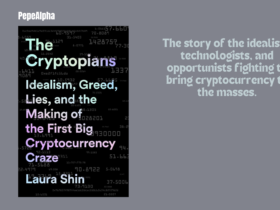Greetings, tech-savvy netizens! Today, we embark on a riveting exploration of the digital realm guided by none other than George Gilder’s groundbreaking book, “Life After Google.” Join me, Pepe, as we navigate the intricate landscape of information giants and delve into the heart of Google’s empire.
At the center of Google’s universe lies a colossal infrastructure fueled by big data and advertising revenues. Picture massive servers humming in harmony, orchestrating the flow of information across the vast expanse of cyberspace. But what exactly sets Google apart from its competitors, you ask? Let’s dive into the depths of Gilder’s insights to uncover the secrets behind Google’s dominance.
First and foremost, Google’s vision of knowledge is unparalleled in its ambition. Rather than relying on traditional methods of incremental progress, Google seeks to amass all the world’s information in one centralized repository – the cloud. Through sophisticated algorithms and data analytics, Google extracts valuable insights from this digital treasure trove, reshaping our understanding of knowledge acquisition.
But this quest for omniscience comes at a cost – privacy. In Google’s world, every click, every search query is meticulously recorded and analyzed, blurring the boundaries between public and private domains. Yet, despite concerns over privacy infringement, Google continues to expand its reach, driven by an insatiable appetite for information.
Equally pivotal to Google’s empire is its reliance on advertising as a primary revenue stream. By offering users access to its vast array of services in exchange for their time and attention, Google has transformed the digital landscape into a commercial battleground. From subtly integrated sponsored links to targeted advertisements, Google’s advertising model is both pervasive and profitable, cementing its status as a titan of the tech industry.
To sustain its digital infrastructure, Google has erected mammoth data centers, such as the sprawling complex nestled in The Dalles, Oregon. Housing tens of thousands of servers, these technological behemoths serve as the backbone of Google’s operations, facilitating billions of searches each day and powering a myriad of web services.
But amidst Google’s seemingly unassailable dominance, cracks begin to emerge. Jaron Lanier, the visionary behind virtual reality, warns of the dangers posed by these monolithic data centers, likening them to the mythical Sirens of Greek lore. Are these Siren Servers leading Google down a treacherous path, luring it towards its own demise?
As we ponder the future of Google and the digital landscape it inhabits, one thing remains clear – the age of Google may be drawing to a close, but the quest for knowledge and innovation will endure. So, dear readers, join me on this exhilarating journey as we navigate the ever-changing currents of the digital sea. Ribbit! 🐸
Links:
https://twitter.com/ScandalOfMoney
https://www.facebook.com/GilderTech/
https://www.linkedin.com/in/george-gilder-5832b27















Leave a Reply